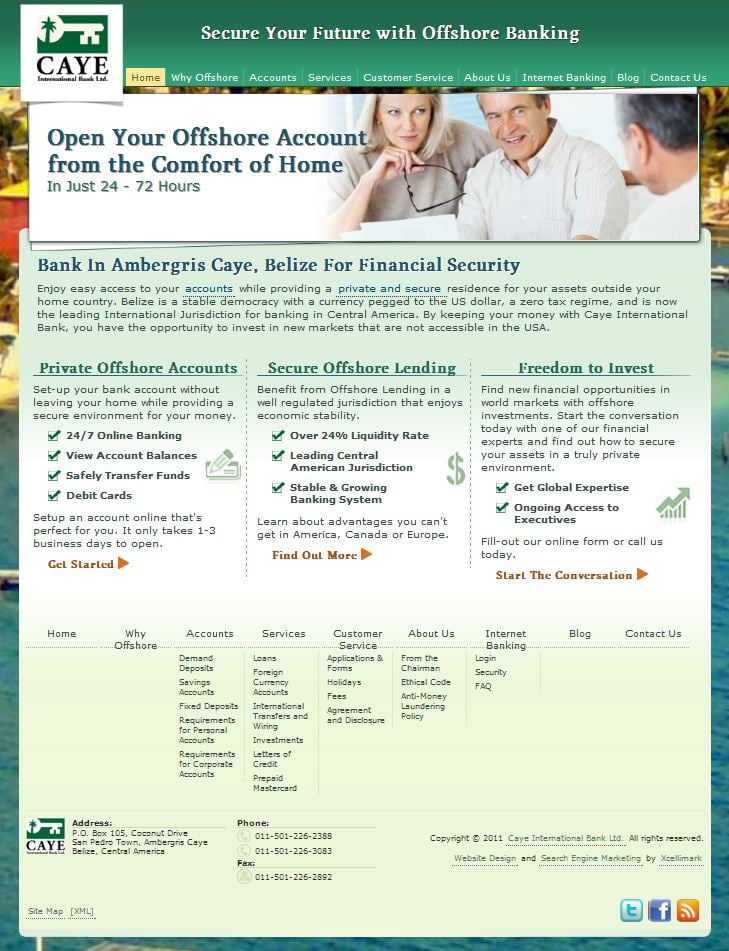Offshore Company Formation: Making The Most Of Development Possible
Techniques for Cost-Effective Offshore Firm Development
When considering overseas company development, the pursuit for cost-effectiveness ends up being a vital concern for organizations seeking to expand their procedures globally. In a landscape where financial prudence preponderates, the approaches used in structuring offshore entities can make all the distinction in achieving monetary performance and functional success. From browsing the complexities of territory option to carrying out tax-efficient frameworks, the journey in the direction of developing an offshore visibility is rife with opportunities and challenges. By exploring nuanced methods that blend legal conformity, financial optimization, and technological innovations, businesses can start a path in the direction of offshore firm development that is both financially prudent and tactically sound.
Selecting the Right Jurisdiction
When establishing an overseas company, selecting the proper jurisdiction is a critical choice that can considerably influence the success and cost-effectiveness of the development procedure. The jurisdiction selected will certainly figure out the regulatory structure within which the firm operates, affecting tax, reporting needs, privacy laws, and total service versatility.
When choosing a jurisdiction for your overseas business, numerous factors need to be considered to make certain the decision straightens with your strategic goals. One crucial aspect is the tax obligation regime of the territory, as it can have a significant effect on the company's productivity. Furthermore, the level of governing compliance needed, the financial and political stability of the jurisdiction, and the convenience of operating should all be examined.

Additionally, the online reputation of the jurisdiction in the international service area is necessary, as it can influence the assumption of your company by customers, companions, and monetary organizations - offshore company formation. By thoroughly examining these elements and seeking expert guidance, you can select the best jurisdiction for your offshore firm that enhances cost-effectiveness and supports your business goals

Structuring Your Business Effectively
To make sure optimum effectiveness in structuring your overseas firm, precise attention must be offered to the organizational framework. By developing a clear possession framework, you can ensure smooth decision-making processes and clear lines of authority within the company.
Following, it is necessary to think about the tax ramifications of the picked structure. Various jurisdictions supply varying tax obligation benefits and rewards for offshore business. By very carefully examining the tax regulations and laws of the picked jurisdiction, you can maximize your business's tax obligation effectiveness and reduce unnecessary expenditures.
Furthermore, maintaining proper paperwork and records is crucial for the reliable structuring of your overseas business. By keeping accurate and updated documents of economic deals, business choices, and conformity documents, you can make sure openness and liability within the company. This not only assists in smooth procedures yet additionally helps in demonstrating conformity with governing requirements.
Leveraging Innovation for Cost Savings
Reliable structuring of your overseas business not just hinges on precise attention to organizational structures yet additionally on leveraging modern technology for financial savings. One method to utilize innovation for cost savings in overseas firm development is by using cloud-based services for data storage space and collaboration. By incorporating technology tactically into your offshore company formation procedure, you can achieve substantial savings while boosting operational performance.
Reducing Tax Obligations
Making use of calculated tax planning techniques can successfully minimize the financial worry of tax obligation responsibilities for overseas companies. Additionally, taking benefit of tax motivations and exemptions used by the jurisdiction where the offshore business is registered can result in substantial cost savings.
An additional strategy to minimizing tax obligations is by structuring the overseas firm in a tax-efficient fashion - offshore company formation. This involves thoroughly designing the ownership and operational structure to enhance tax benefits. As an example, establishing a holding company in a territory with favorable tax legislations can help consolidate profits and minimize tax obligation direct exposure.
Furthermore, remaining updated on international tax policies and conformity needs is crucial for reducing tax obligation you could try these out obligations. By ensuring rigorous adherence to tax obligation regulations and policies, offshore business can avoid costly penalties and tax obligation disagreements. Seeking expert guidance from tax obligation specialists or legal specialists specialized in international tax obligation matters can additionally give useful insights right into reliable tax obligation preparation strategies.
Making Certain Compliance and Danger Mitigation
Applying durable conformity measures is vital for offshore companies to mitigate dangers and keep regulatory adherence. Offshore jurisdictions often face enhanced analysis due to problems concerning money laundering, tax evasion, and various other monetary criminal activities. To guarantee compliance and alleviate dangers, offshore business ought to carry out detailed due persistance on clients and business partners to stop participation in illicit activities. In addition, executing Know Your Client (KYC) and Anti-Money Laundering (AML) procedures can aid validate visit homepage the legitimacy of purchases and guard the firm's credibility. Normal audits and reviews of financial documents are important to recognize any type of abnormalities or non-compliance problems without delay.
Furthermore, remaining abreast of altering regulations and legal demands is crucial for offshore companies to adapt their conformity practices as necessary. Engaging legal professionals or compliance consultants can give useful support on navigating complicated regulative landscapes and guaranteeing adherence to international standards. By focusing on compliance and risk mitigation, offshore companies can improve transparency, construct count on with stakeholders, and safeguard their procedures from potential legal repercussions.
Conclusion

Utilizing critical tax obligation planning strategies can efficiently lower the monetary burden of tax obligation obligations for overseas companies. By dispersing revenues to entities in low-tax jurisdictions, overseas firms can legitimately decrease their total tax commitments. Additionally, taking benefit of tax incentives and exemptions supplied by the territory where the offshore firm is registered can result in significant savings.
By guaranteeing rigorous adherence to tax obligation laws and regulations, overseas business can prevent pricey charges and tax conflicts.In conclusion, cost-effective overseas business formation requires mindful factor to consider of jurisdiction, effective structuring, innovation utilization, tax minimization, and conformity.